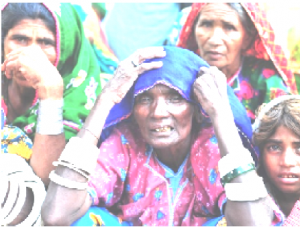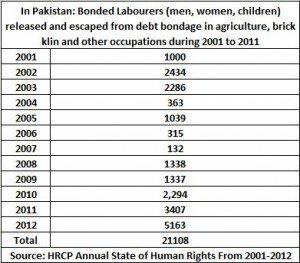THE region-wise breakdown of data on potential wealthy tax thieves makes interesting reading. The data, compiled by the Federal Board of Revenue with the help of the National Database and Registration Authority, shows, and predictably so, that Punjab is home to a majority of the suspected tax evaders followed by Sindh, Khyber Pakhtunkhwa, Balochistan, Azad Kashmir and Gilgit-Baltistan. While more than 85 per cent of them live in Punjab and Sindh alone, Karachi tops the list of the cities with over 725,000 wealthy people who should be but are not paying taxes. With a little less than 450,000 such people, Lahore stands not very far behind on the list. Other industrial cities of central Punjab — Faisalabad, Gujranwala, Sialkot, Rawalpindi, etc — can also boast of the heavy presence of potential tax thieves.
Though numerous factors, ranging from the concentration of population at one place or another to the level of economic development to the uneven distribution of industry and wealth, can easily be identified as reasons behind the number of tax evaders in a particular province or city, these explanations don’t really matter. What matters is action, or the lack of it, taken so far by the FBR to nab them and punish them for not paying taxes. The tax collectors are for the last several months in possession of the data listing owners of cars and large houses in upscale localities, who frequently travel abroad, maintain multiple bank accounts and pay hefty utility bills but who do not file tax returns. Most of them don’t even possess a national tax number let alone file returns. It is sad to note that the FBR is yet to initiate action against them in spite of the tall claims made by its senior officials, including its present chairman. Rather than moving against the identified potential tax evaders, the FBR authorities have wasted many months in pushing a controversial amnesty scheme, which is unlikely to be approved by the outgoing parliament because of widespread opposition. It is advisable for the FBR authorities to scrap its plans of facilitating powerful lobbies and move against tax evaders before it is too late. Courtesy Dawn Newspaper






